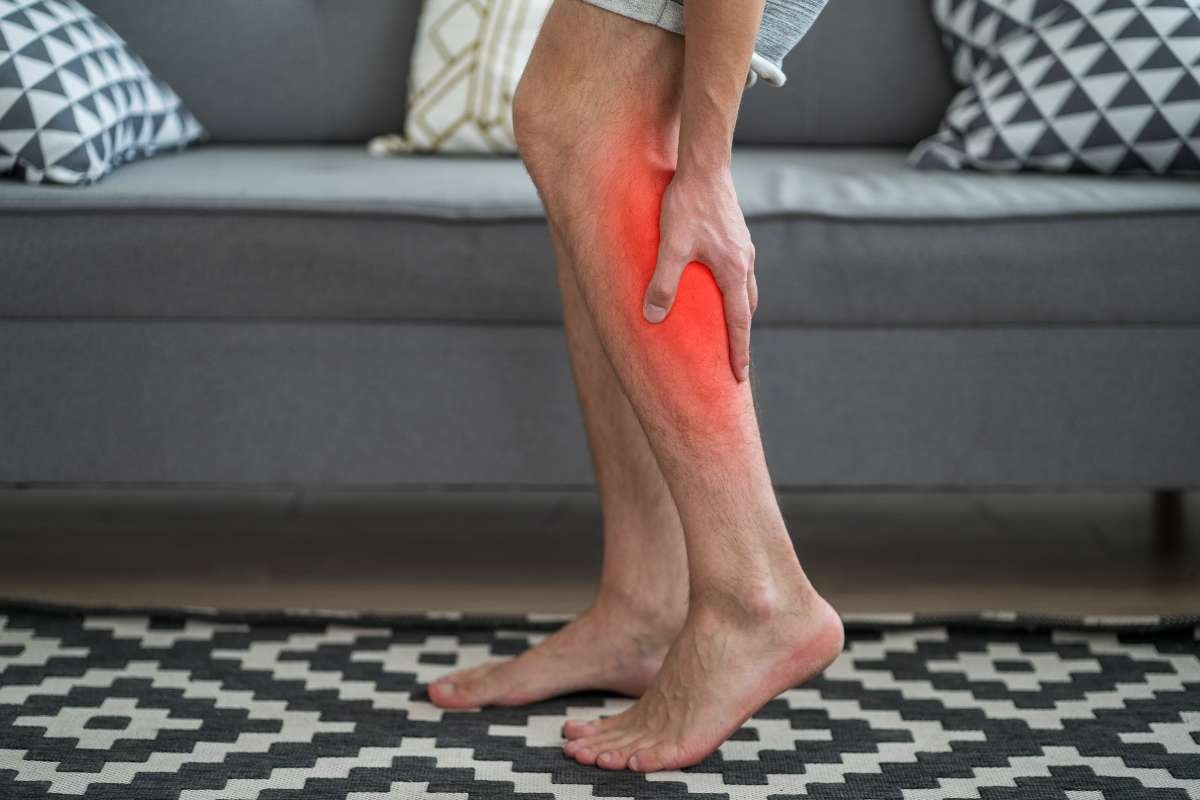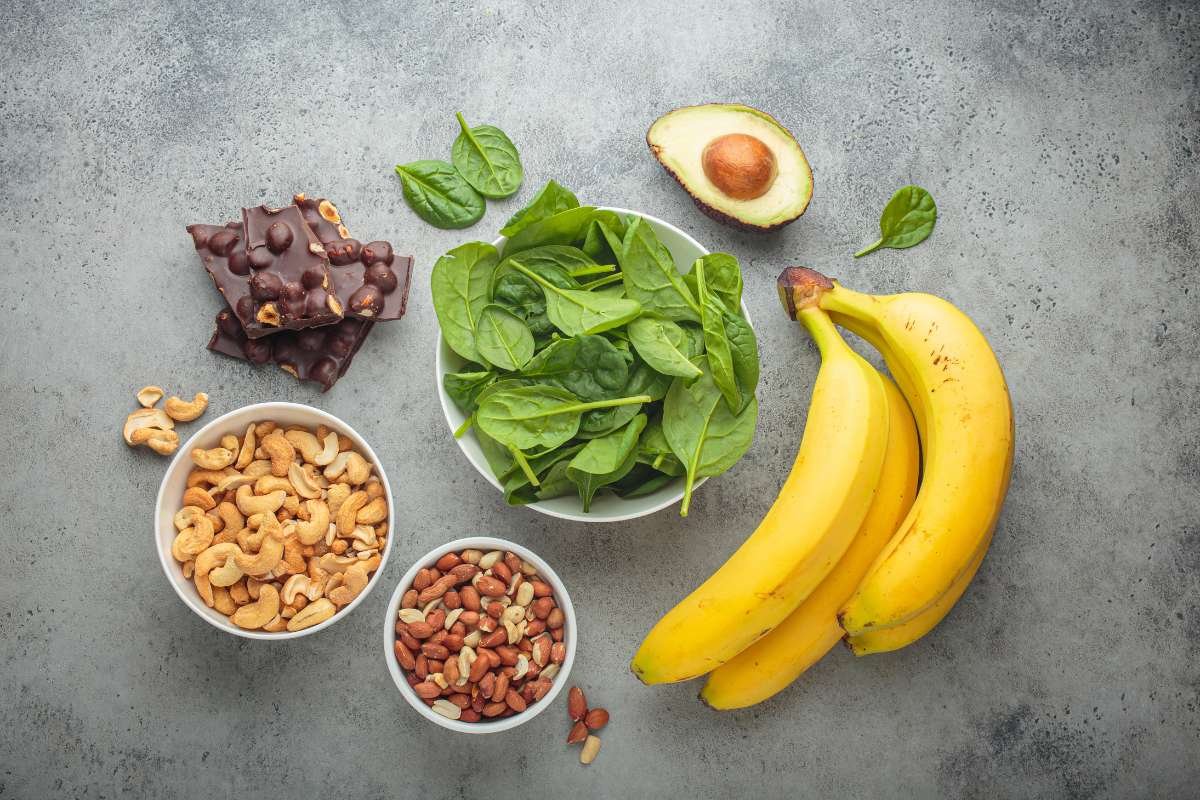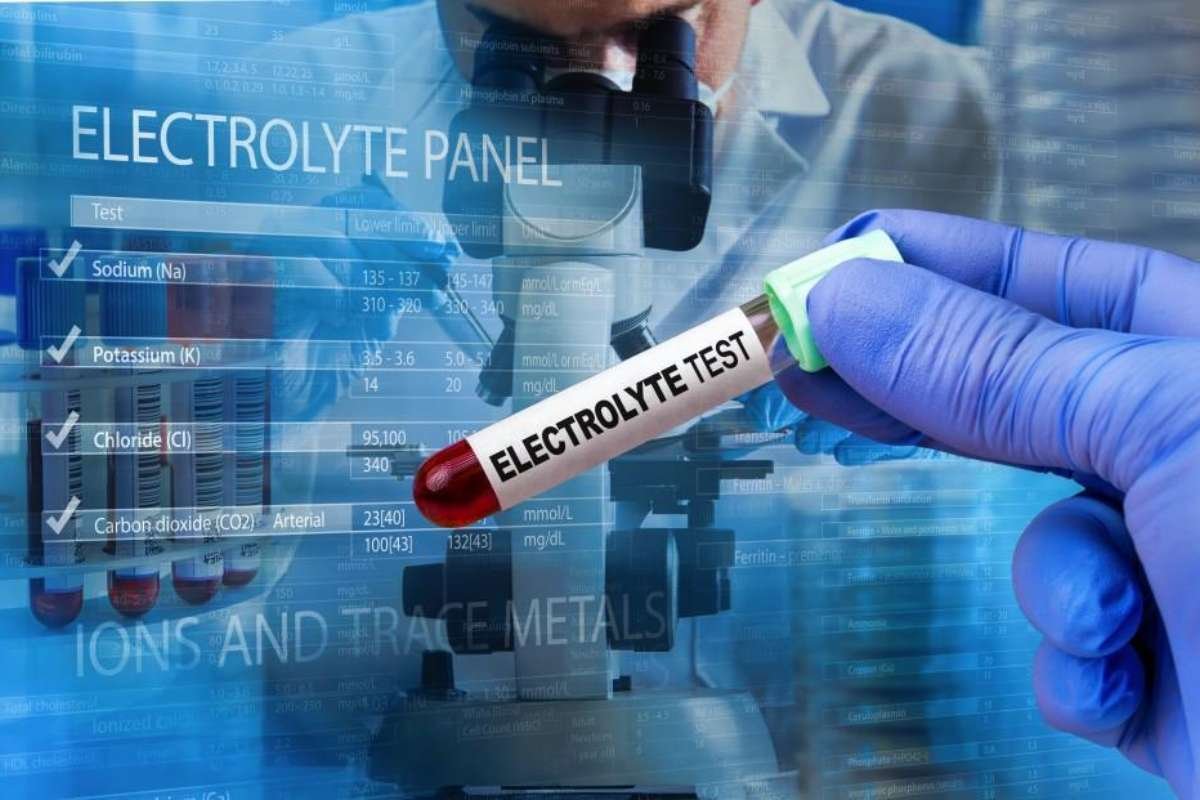Ever felt dizzy after just standing up? Had a leg cramp that woke you up at 3 a.m.? Blame your coffee for your foggy brain? You might think it’s age, stress, or lack of sleep, but guess what? You might just be out of balance. Not spiritually (though that’s possible too), but electrically. Yep, your body runs on tiny charged particles called electrolytes. And when they’re off, your body sends alarms in weird and wacky ways.
Welcome to the funny yet serious world of electrolyte imbalance, where bananas, salt, and water can make or break your mood.
What Is Electrolyte Imbalance?
Electrolytes are minerals like sodium, potassium, calcium, magnesium, and chloride. They carry electric charges and help your muscles contract, your heart beat steadily, and your brain send signals. They even control how hydrated you feel.
When these minerals are either too high or too low in your blood, you get an electrolyte imbalance. This affects fluid levels, pH balance, nerve signals, and muscle activity, everything.
What Causes Electrolyte Imbalance?

Most people think electrolyte issues only happen to athletes or gym freaks. Not true. Here’s what can throw off your balance:
- Dehydration from diarrhea, vomiting, or excessive sweating
- Overhydration (yes, too much water is a thing)
- Kidney disorders or medications like diuretics
- Poor diet, low in minerals, or too much junk food
- Chronic illnesses like diabetes, heart failure, or cancer
- Alcohol abuse, sneaky and common
- Hormonal imbalances like Addison’s disease
Even skipping meals or drinking too many energy drinks can lead to an electrolyte imbalance.
Common Symptoms You Might Miss

Some signs are obvious, but many mimic everyday issues. That’s why electrolyte imbalance is often misdiagnosed or ignored.
Watch out for:
- Muscle cramps or twitching
- Irregular heartbeat or palpitations
- Fatigue and weakness
- Headaches or dizziness
- Brain fog or confusion
- Nausea or vomiting
- Dry mouth or extreme thirst
- Tingling in fingers or toes
If you’re nodding your head to at least three of these, you might want to keep reading (and grab a coconut water).
Who’s Most at Risk?
You don’t have to be sick or old to suffer from an electrolyte imbalance. These groups are more vulnerable:
- Elderly – reduced kidney function and lower thirst signals
- Athletes sweat out tons of sodium and potassium.
- People on fad diets, like keto or juice cleanses
- Those with chronic illnesses – diabetes, cancer, heart issues
- Women during menstruation or menopause – hormonal shifts can mess with the balance
- Kids – faster fluid loss and weaker reserves
Even healthy individuals can suddenly slip into an electrolyte imbalance if they overwork, underhydrate, or skip meals during stress.
How to Prevent Electrolyte Imbalance Naturally

Here’s the good news: fixing it doesn’t require expensive supplements or scary medical procedures. You can often manage it with lifestyle changes:
1. Stay Hydrated – But Not Too Much
Drink enough water to avoid thirst, but don’t force gallons down. Balance is key.
2. Eat a Balanced Diet
Include foods rich in minerals:
- Bananas and potatoes (potassium)
- Dairy and leafy greens (calcium)
- Nuts and whole grains (magnesium)
- Table salt or sea salt in moderation (sodium)
3. Limit Alcohol and Caffeine
Both mess with fluid and mineral levels.
4. Replenish After Exercise or Illness
If you sweat a lot or have been sick, consider oral rehydration solutions or homemade salt-sugar water.
5. Get Regular Blood Tests
Especially if you have a chronic condition, ask your doctor to monitor your electrolyte levels.
When to See a Doctor
While most electrolyte imbalance cases are mild and manageable, some need urgent care. Call a doctor if you notice:
- Confusion or sudden behavior changes
- Chest pain or a very fast heartbeat
- Seizures
- Severe muscle weakness
- Persistent vomiting or diarrhea
In such cases, IV fluids and electrolyte correction may be necessary.
Electrolyte Drinks – Are They Worth It?
Sports drinks promise instant rehydration, but they’re often packed with sugar or artificial additives. If you’re sweating bullets or recovering from the flu, a small amount may help.
Healthier homemade options:
- Coconut water (natural potassium)
- Lemon water with a pinch of salt and honey
- Buttermilk with salt and cumin (a favorite in India)
These hydrate you better than plain water without causing electrolyte imbalance from overhydration.
Also Read:
- Demystifying the Anion Gap Blood Test: Everything You Need to Know
- How to Prevent Dehydration from Crushing Your Workout?
Conclusion
Let’s face it, life throws curveballs, and our bodies sometimes throw cramps. But understanding and preventing electrolyte imbalance can give you more control over how you feel each day.
Your body is electric; keep it charged, not shocked.
So next time you feel off, don’t just say, “I need more sleep” or “It’s just stress.” Ask yourself, “Did I eat my minerals today?”
Because sometimes, the answer to fatigue isn’t motivation or coffee, it’s a potato.







